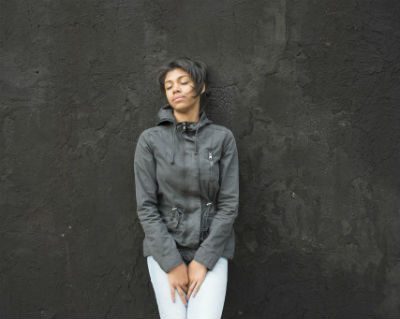A new book gives visibility to New York’s LGBT homeless youth.
Even with a job and a home, New York City is not the easiest place to live. Imagine not having a job, any regular income, a supportive family, or even a regular place to sleep. Now imagine that the reason you lack these essentials is because you are queer.
It has been estimated that there are approximately 20,000 homeless youth in New York City on any given night. A good percentage of these identify as LGBT. Do you see them? Occasionally you might on your commute home, when they ask you for change.
Or on your way to the theater, or to a bar, where their sleeping bundle is something to step over. But do you really see them? And if you do, for how long do they stay in your mind before you get on with the business of big city living?
It might be one of the world’s richest cities, but most New Yorkers are time poor, and even if we spare a passing thought for homeless LGBT youth—maybe even slip them a couple of bucks as I have done—we lack the time, and often the money, to really help them in a sustained way.
Unless you have been homeless, or volunteer at a shelter, or are a social worker, you probably never get up close and personal with homeless LGBT youth, which keeps their problems at a distance. That’s why acclaimed photographer Alex Fradkin partnered with award-winning nonprofit the Reciprocity Foundation to photograph 15 homeless youth, capturing their realities as well as their dreams.
Their portraits will feature in exhibitions in New York, Los Angeles and Chicago, and some will be collected into a limited edition book—sold only on Kickstarter.com. Prints signed by the photographer will also be available.
The book and exhibition will be accompanied by text written by Reciprocity co-founder, Taz Tagore, and based on the individual stories, dreams and poetry of New York’s homeless youth.
The book is titled See Me: Picturing New York’s Homeless Youth and commemorates 10 years of the Reciprocity Foundation.
